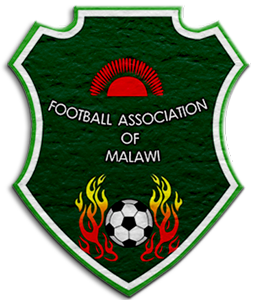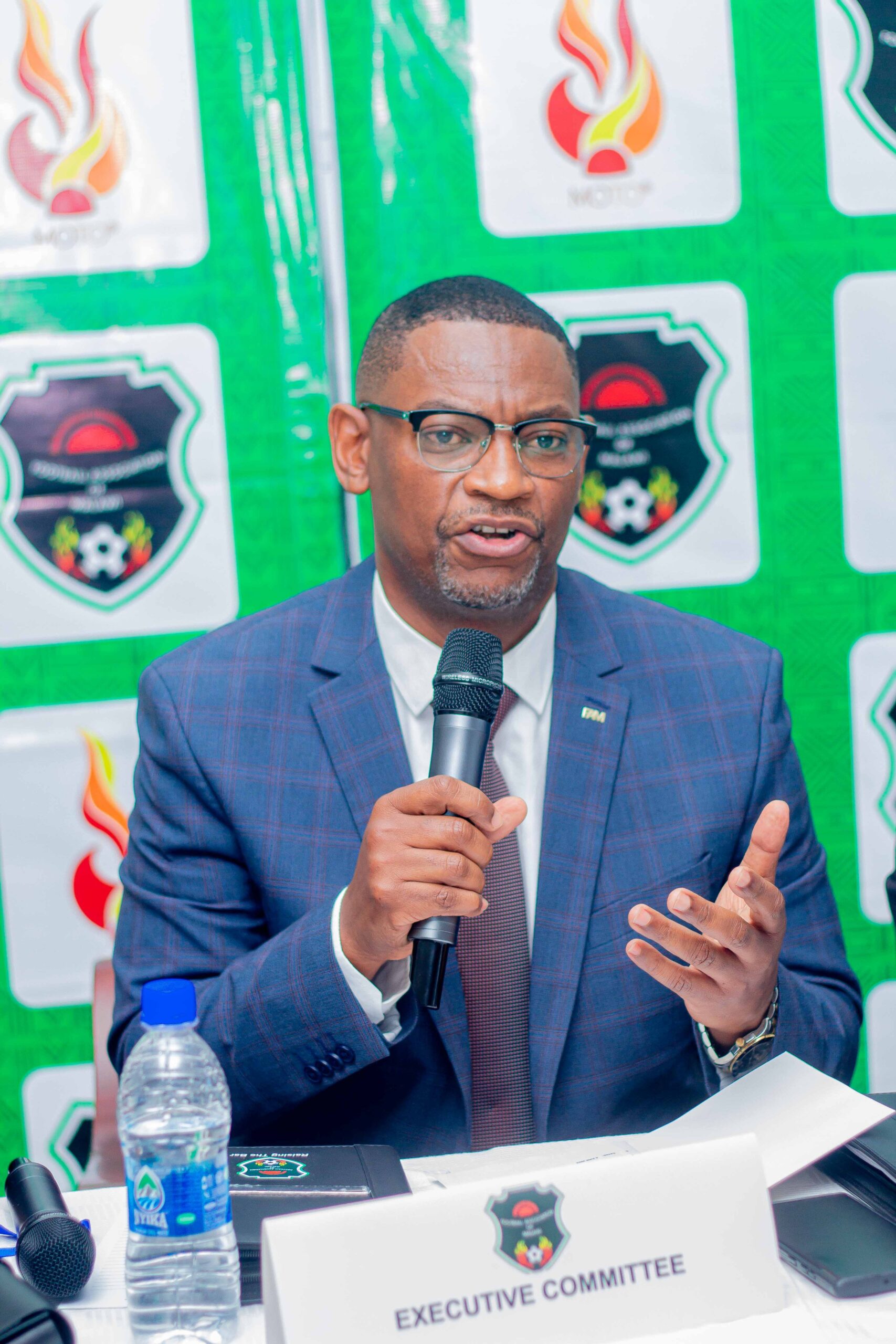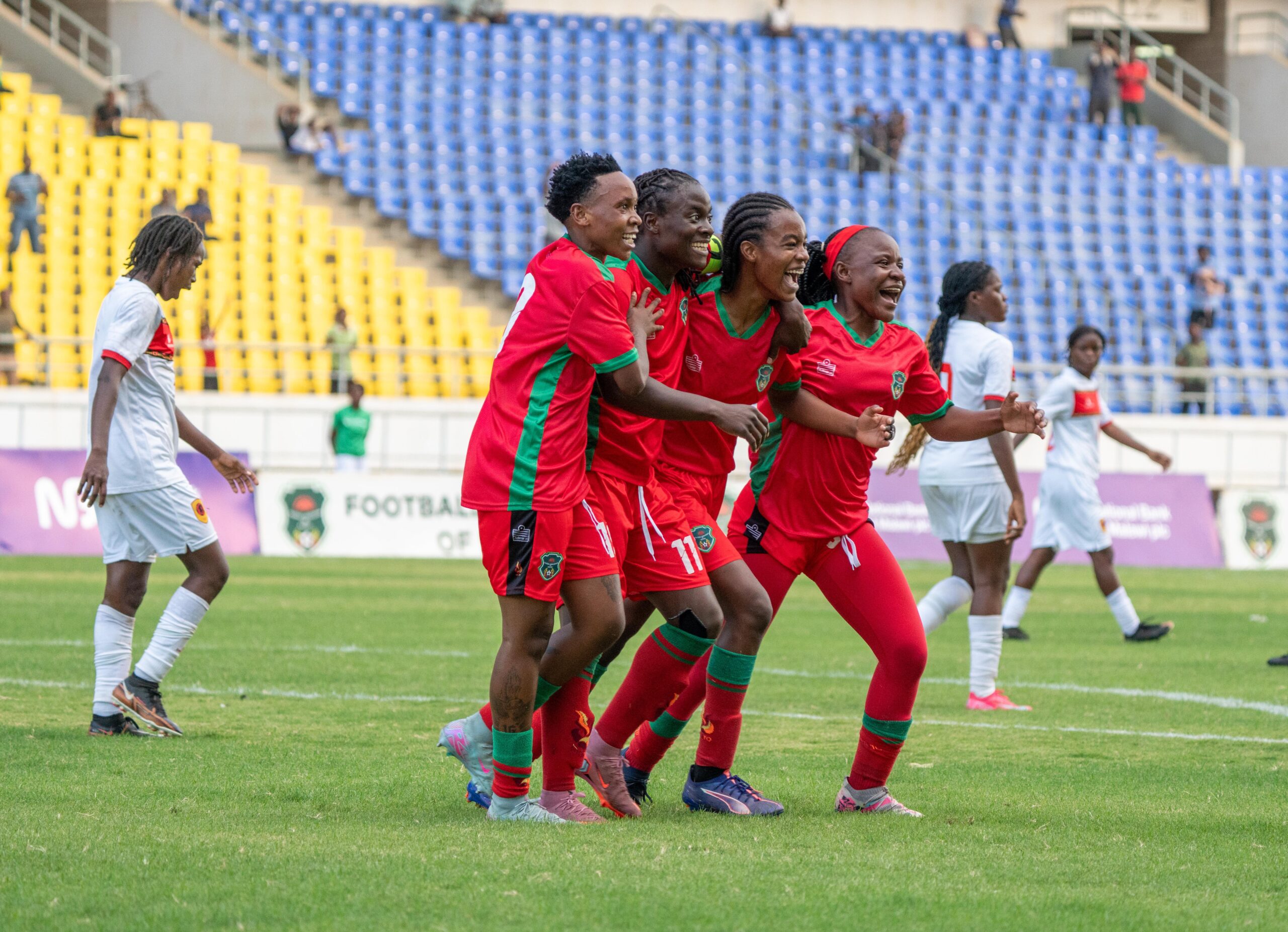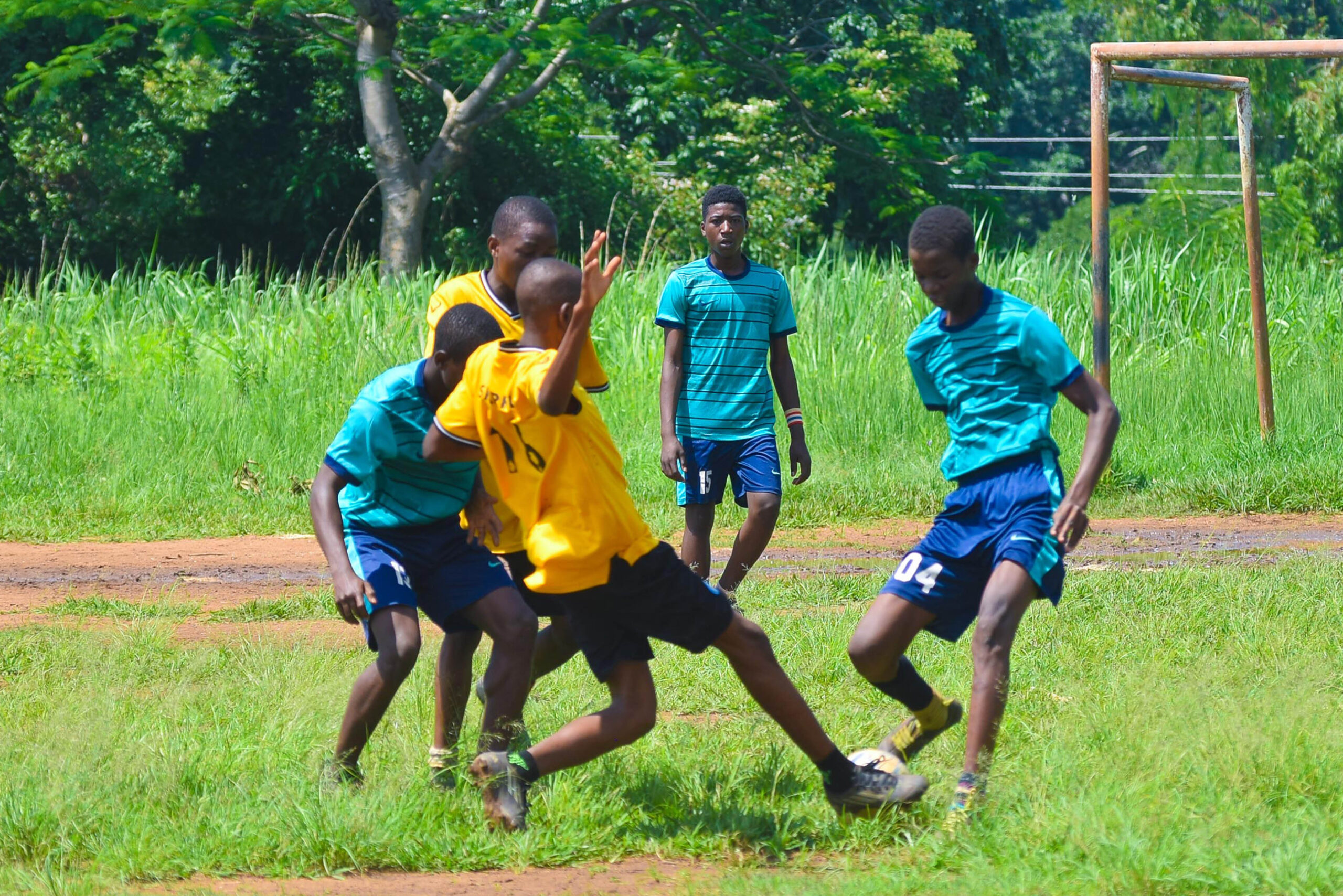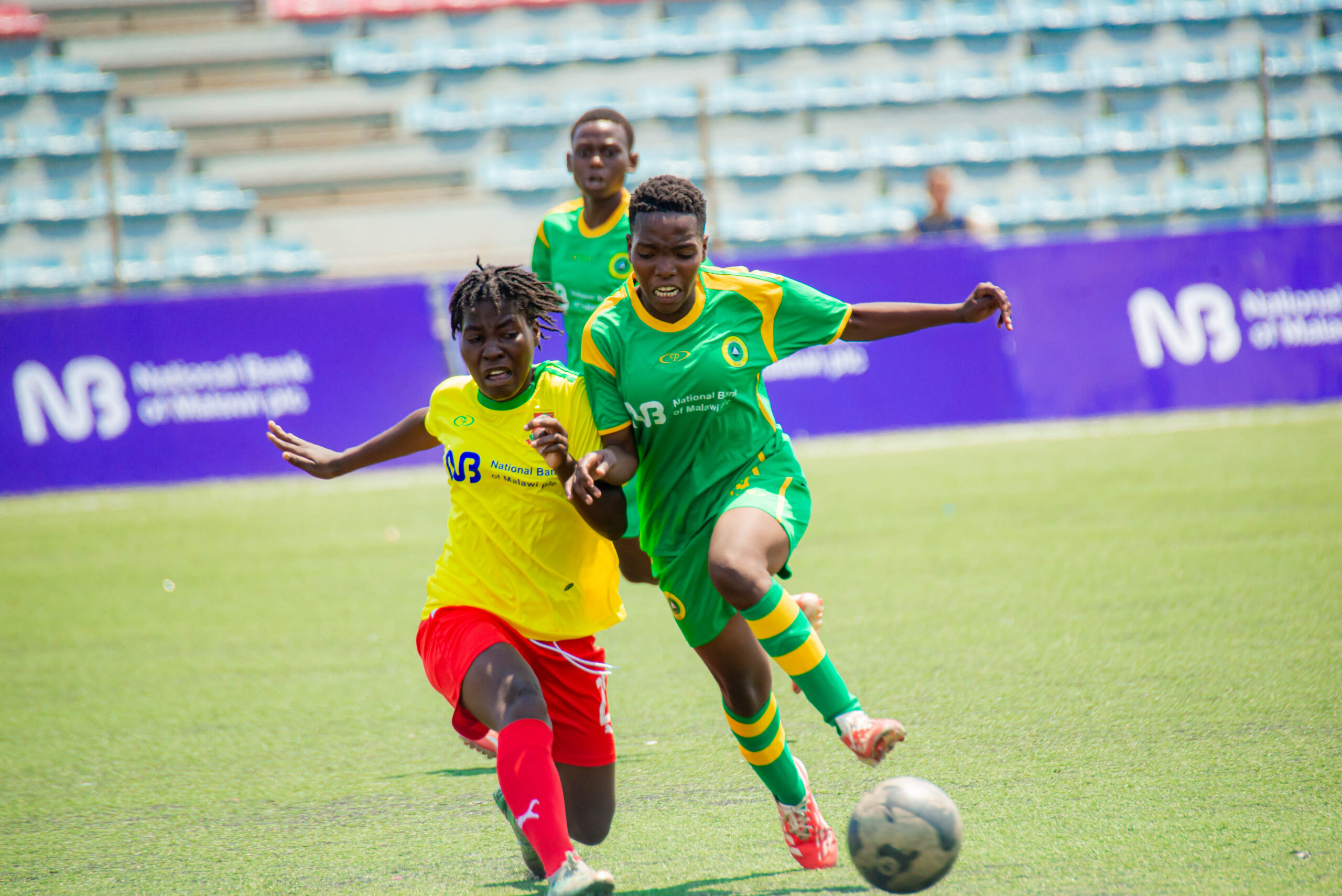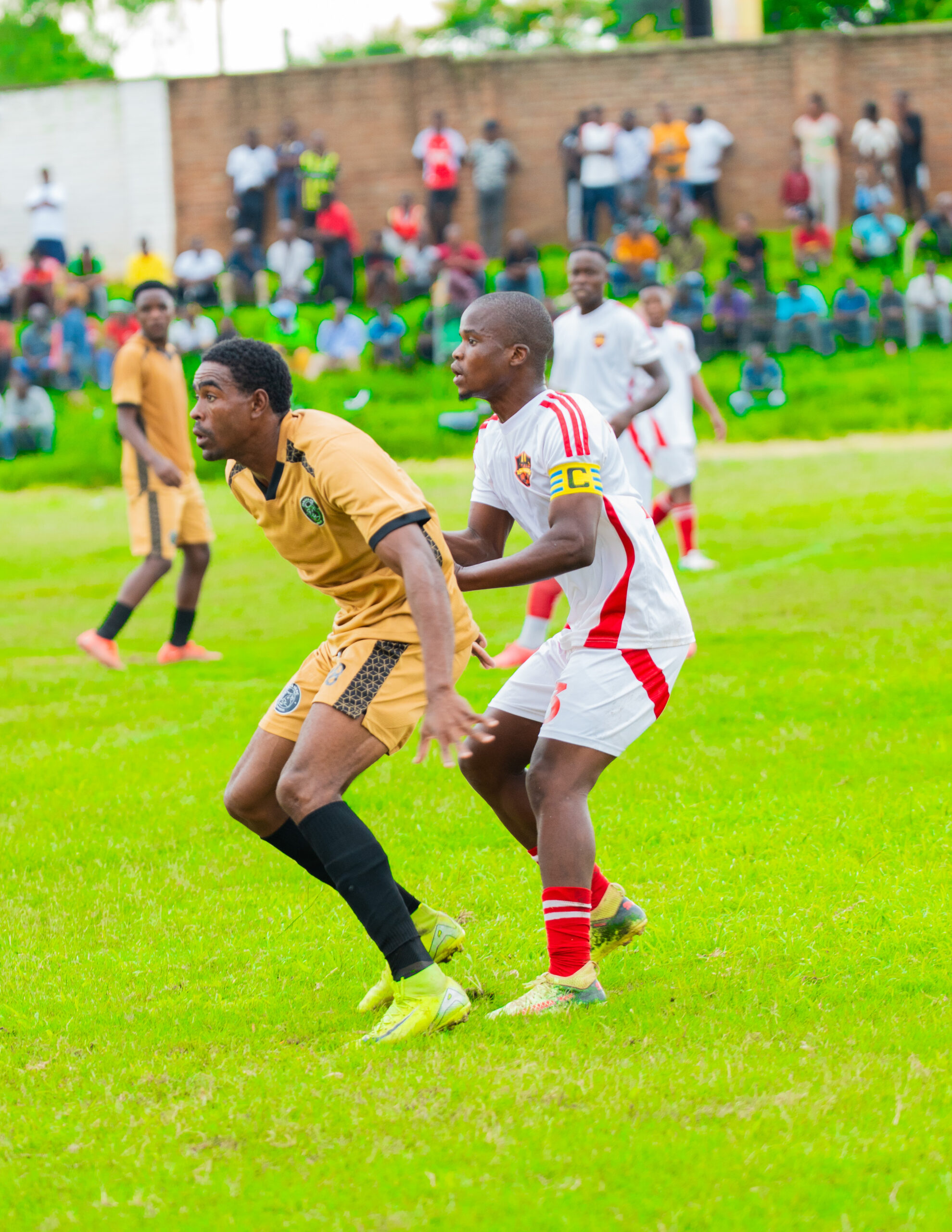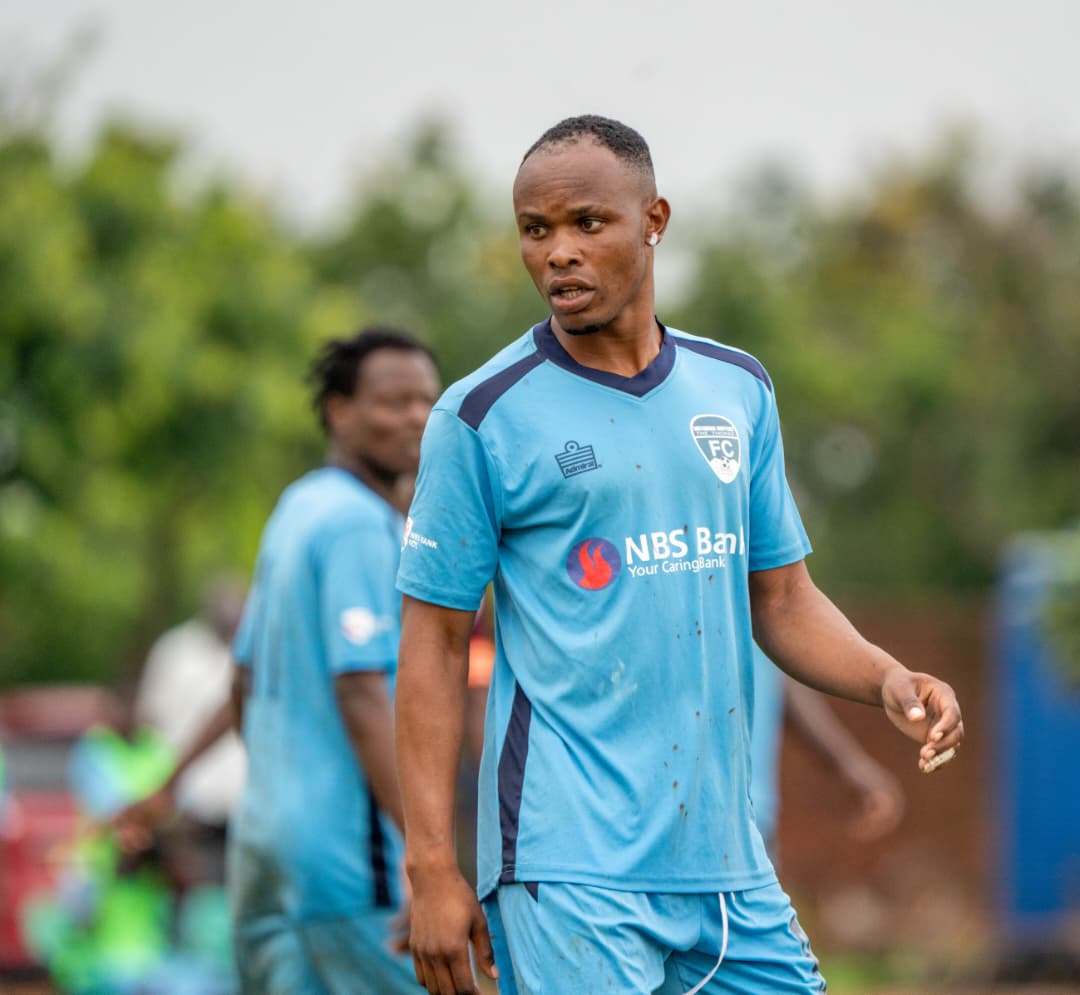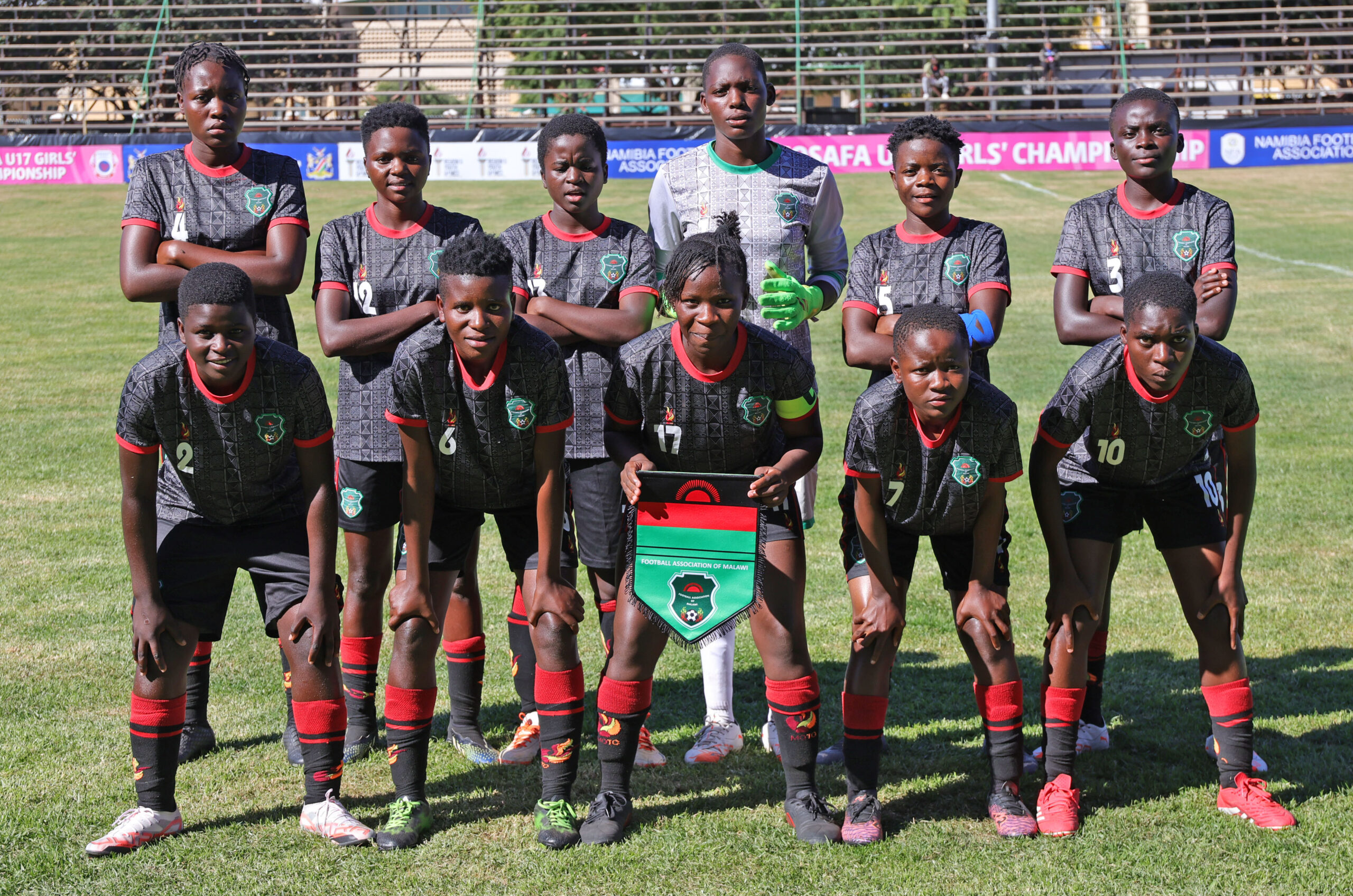We have gathered today for this Ordinary General Assembly, which is an august house for the Football Association of Malawi.
It is an opportunity for us to give an account of the progress we have made together, for Malawi football.
In doing so, I will be brutally honest about the challenges that remain for us to deal with to register even far much greater things for the game.
For this reason, I have entitled my speech, ‘Raising the Bar of football to a new dimension amidst the storms’.
As you may recall, in 2019, I launched the ‘Raising the Bar’ campaign. Under this manifesto, we built the pillars that we would use to build and elevate football in Malawi. We also set for ourselves clear deliverables and expected outcomes.
Today, as we gather for this Ordinary General Assembly, I am standing before you proud about what we have achieved under this campaign — as I will shortly enumerate.
I must say it firsthand that I am particularly encouraged by the fact that as a team, we have remained resolute during difficult times to deliver on this manifesto.
In the past four years, we have broken new grounds for Malawi football, grounds that once seemed so hard to crack.
For this, to you all, to all of you who believed in the cause, I am forever grateful for your dedication.
So what is it that we have achieved with our ‘Raising the Bar’ campaign? What is the state of football in Malawi today? And what remains to be done to push the bar even higher?
Women’s Football
Let me start by women football.
Women’s football in Malawi is on the path of growth.
Our budding talents and our attractive style of play are making headlines on both the domestic and international stage.
This has not come by accident. What we are seeing today is the result of a raft of initiatives we have implemented, one of which is the club licensing which requires Super League teams to have women football in their fold.
This has ensured that women football teams are better managed and become more competitive through recruitment of quality players and capable coaches.
Furthermore, through initiatives such as FAM Women’s Championship, we are making Malawi women football count.
The qualification of the Scorchers to the finals of the COSAFA Cup in 2022 where we won silver medal gives us the conviction that our dream for the Women’s Africa Cup of Nations or the Women’s World Cup participation is not far-fetched.
For me, the Scorchers deserve the best. They deserve an allocation in the national budget, just as we do with netball, so that they reach their fullest potential. I would like to appeal that our girls should not be marginalized for playing a sport that is male dominated but instead they should be rewarded for excelling in a sport that is ordinarily very difficult to master.
On this note, I would like to appeal to our girls to keep scorching their path to greatness. Without doubt, there is plenty of room for improvement on their part. But I am confident that with good support from both the government and the corporate world, the Scorchers will burn their way to the top of women football on the continent and in the world.
The Super League
Let me now turn to the Super League, which is pretty much the face of Malawi football.
We have brought back the national football frenzy through Super League.
Today, we have made football violence-free such that families feel safe to go and sit in the stands to watch a football match.
We have made football attractive again as fans, resplendent in the colours of their teams, entertain us with their unique musical renditions before the match, throughout the match and after the match.
We have seen clubs demonstrating willingness to grow by embracing club licensing. This is bearing fruit as the top clubs are investing in youth teams and reserve teams. Such investment feeds into our plan for Malawi to produce good quality players for now and the future.
In addition, more and more clubs are improving in the management of the players. This is enhancing the professionalization of the game in Malawi.
Yet, despite that we have raised the bar of football, we still need to attract more sponsors for clubs. A number of our teams are struggling financially.
They have the spirit to go on and to help the country accomplish its football objectives. But they need sustainable support, which would enable us build on the growth we have realized in the past four years.
It is our call today that we need to confront this challenge of financial struggles head-on. Let us go back to the drawing board and make some tough choices that will provide a lasting solution for our clubs to thrive.
Distinguished delegates,
Apart from setting aside grants of MK5m each to the Super League clubs and COVID-19 Relief Support, I am pleased report that we are making headway in unlocking new revenue streams for the clubs. The Mpira TV is one outstanding example.
In its first year of inception, we have so far raked in K103 million. By any account, this is a significant sum. It is a signal of what we can realize as time goes, as long we keep doing the right things.
This achievement regardless, progress on TV broadcasting and gate ticketing still remains a challenge. Sadly, and as we are all aware, this is due in part to resistance to change in some quarters and misunderstandings between FAM and SULOM.
I am particularly concerned that the lack of a good working relationship between FAM and SULOM is coming at a heavy price.
We must resolve this – for the greater cause of football in Malawi.
The Regional Leagues
At FAM, we are passionate about going back to the roots of football.
In the regional leagues, football is usually played for fun. But as we can all testify, these regional leagues are the centre of football revolution in the country.
That is why FAM is investing in these leagues. We can all bear witness that in recent times, there has been a surge in the growth of rural football. The catalyst of this growth is our introduction of the FAM District Cup and the resurgence of the FAM Motto Division One League.
We are seeing a rising competitiveness in the Regional Leagues. For this to happen, FAM made deliberate interventions to sponsor district football to the tune of K100 million.
We also took over the sponsorship of the Division One Motto League by pumping in K45 million.
Further, we complemented sponsorship of the Premier League with prize money amounting to K5 million towards the regional champions.
I am happy to say that such integrated sponsorship has led to ‘Total Football’. Now we are organized. Now football clubs are making a real impact as testified by the growing numbers of players that are actively engaged in the game at that level.
It is not surprising that community-based district teams such as Ekwendeni Hammers, Extreme, Karonga United, Dedza and Chitipa United are causing huge waves in the Super League. Their performance in the elite league reminds us that we need to continue investing in raw and idle talent in the rural areas.
However, the challenge remains on improving the capability of coaches and match referees that are managing the increased number of football clubs across the country.
This goes hand in hand with addressing the shortage of football grounds and basic football equipment.
This is our call in our mission to develop the sport.
Youth Football
Distinguished delegates,
The future of football in Malawi looks promising. I say so because of the breakthroughs we have made in setting up structures for boys and girls of different age groups to play football and develop their talent.
In the absence of steady sponsorship, it was always going to be difficult to have a reliable platform of grooming talented players. However, we are delighted that we are now able to embark on such a fundamental campaign by making significant investment into the youth through increased FIFA Forward funding.
To begin with, we have rolled out the Talent Development Scheme (TDS). This is a structured programme that is geared at identifying and carefully grooming exceptional talent. The first cohort that has been identified in the south has been undergoing training at Mpira Village.
This initiative is multipurpose in nature as it is also training a coach who is assigned to perfect the skills of a player from where he is based. In effect, these coaches have formed the baseline of scouts for talent in the communities in collaboration with the technical directorate.
This effort is also the foundation stone to the setting up the first-ever School of Excellence that is underway at Luwinga Technical Centre. I should report that plans are at an advanced stage to get the School of Excellence up and running once construction of the football grounds has been completed this year.
Distinguished delegates, these lofty plans have recently been boosted by the partnership we have secured with FIFA through AFD and Play International who will jointly inject USD130,000 into the project for the first 15 months.
With such trusted partnership, we are assured that the academy will be a reality soon. Once established, Malawi will have a specialized nursery for developing talent 360 degrees; that is technically, physically, socially, mentally and economically.
It will be a system grounded on the values of gender sensitivity, education and economic empowerment.
In addition, as a way of ensuring that our youth football development programs are systematic and integrated, FAM in conjunction with the National Youth Football Committee, has rolled out the U14 Nthanda and the U16 M’mera Mpoyamba leagues which complement the Katswiri U19 FCB league. These three youth leagues underpin the process of developing young players while providing them with a graduated pathway to the top of their careers.
The critical task that lies ahead is to equip the coaches with the expertise needed to improve the quality of players to world class standard.
And the next gap that we need to close is schools football. Admittedly, this has lagged behind since the withdrawal of Coca Cola Schools. Now that we have developed a good working relationship with MASSA which has led to Salima Secondary School winning bronze at the Africa Schools Championship, we are working tirelessly to bring back schools’ football. I can report that our recent effort to roll out F4S programme is beginning to bear fruit as we have attracted a lot of schools to include football in their activities.
We have also been able to attract schools to join competitions that are organised by MASSA knowing very well that the winners stand a chance of pocketing lucrative cash prizes at the Africa Schools Championship.
As we endeavour to unlock schools’ football, our number one priority is to secure steady sponsorship for the school teams.
We are also lobbying for an enabling policy framework that will lead to physical education being mandatory in the schools. We have all the belief that the Ministry of Education is giving this matter some serious thought.
Beach Soccer
Distinguished delegates,
From nowhere, Beach Soccer has become one of the most successful stories of Malawi football.
Within a short time of development, last year, we qualified for the AFCON Beach Soccer Championship after edging out Tanzania.
I must acknowledge that Beach Soccer has surpassed our expectations by being among the top eight teams in Africa. It has soared on the rankings from 102 to 56 in the world.
Interestingly, Beach Soccer national team is excelling with meagre resources as there is no dedicated budget for it.
I should give credit goes to the Beach Soccer Association for standing the test of time to build strong clubs that are competitive in beach soccer.
At this point, let me urge the Beach Soccer Association to use the AFCON Beach Soccer qualification last year as a rallying point to forge ahead. The sponsorship that has been secured with HTD for the national championship is an impetus for the Beach Soccer to grow.
We are also proud of the partnership we have with Sunbird Hotels that has provided beach soccer fields for the game to be played on their beaches.
Going forward, Beach Soccer Malawi has to shift inland so that it attracts players from main stream football. This will give us a chance of building a stronger national team.
It remains one of our objectives to erect a sand stadium in Lilongwe near Bingu National Stadium as we broaden our search for talent and extensively promote beach soccer.
It is also our desire to host the COSAFA Beach Soccer Championship to showcase to the world the beautiful Lake Malawi.
Referees and Coaches
Let me now turn to the issue of referees and coaches who are integral to the success of football.
FAM has deliberate programs for referees and coaches to acquire the necessary skills to discharge their duties effectively and efficiently.
I am pleased to note that today, referees are well-organised. They follow a routine, functional regime of physical training to prepare for football matches under the guidance of qualified instructors.
The excellence of their training programs has made us pass the rigorous FIFA physical tests with ease. We have also produced FIFA accredited match officials that have gone on to officiate international matches organised by FIFA, CAF and COSAFA.
I am also encouraged that there has been an increase in the number of female match referees officiating domestic fixtures. This shows how our referees have embraced diversity. We are empowering female referees so that they can also demonstrate their potential by officiating Super League matches.
Despite making such good progress, the standard of match officiation in some cases remains a concern. In addition, we have all heard allegations of bribery and corruption against some of our whistle blowers. FAM hopes that law-enforcement agencies will investigate such claims and those involved brought to account.
I need to say that we know that there are cartels in football that thrive on fixing matches. Some of those that drive these cartels are among us here, serving the game of football with no intentions of advancing the game. This immoral conduct must stop. It is detrimental to football because it discourages investors and frustrates players and officials alike.
With regard to coaches, it is a fact that we have hardworking and passionate coaches that are leading our football players. Despite the uncompetitive conditions most of them work under, these coaches are committed to the game. They work very hard to get the best out of their players and to turn around the performance of their teams. As far as I am concerned, they remain our unsung heroes.
We owe these coaches a huge responsibility to make their profession attractive. Doing so will be doing justice to football in Malawi.
We need to invest in the development of their technical skills so that they have the competitive edge which modern-day football demands.
At FAM, we will continue to do our part by increasing the number of coaching courses of CAF “A” and CAF “B” and introducing other specialized coaching courses. We are determined to address the knowledge gap and skills deficiency that exists among some of our coaches.
It remains our goal to produce high-calibre, home-grown coaches that can drive our national teams and clubs to the best results in international football.
Wellbeing of Players
Distinguished delegates,
Football players are the main reason for our existence.
You will have noticed that since we started enforcing Club Licensing, there is a growing practice of our Super League players receiving appropriate treatment from their clubs.
We are seeing more clubs giving more respect to the players and respecting their conditions of service.
There is still a lot of work to do on issues such as remuneration of players and general welfare.
We can fix some of these challenges through improvement of the financial health of the clubs so that players are offered lucrative contracts.
At the national team, our efforts to improve player welfare by increasing allowances and game bonuses has worked to good effect.
Among other measures, FAM extended free medical insurance under MASM to players in the TNM Super League and the FAM Women’s Championship. This is besides the relief support offered to players, officials and the clubs when COVID-19 wreaked havoc.
I also believe that FAM’s support to survivors of the Cyclone Freddy has further demonstrated that we care about the welfare of the football family.
These are examples innovations clubs can emulate.
As we work to improve the welfare of players, the players too should remember that we count on their effort as well in the development of the game. We want players that are full of ambition, that have a warrior mentality and can open for themselves a new pathway to professional football.
FAM, the Institution
Let me now turn to the institution of FAM.
Over the years, FAM has grown in leaps and bounds to become a well-established organisation that is run professionally using modern systems and processes.
I am proud to say that FAM is now a well-respected institution that is even able to attract graduates in its recruitment of professionals.
We are a purpose-driven organisation with a growth mindset that is guided by the ethos of ‘Raising the Bar’.
We have remained steadfast to our core values of integrity, inclusivity, diversity and fairness.
At FAM, transparency and accountability are our way of life. We are forever bound by good corporate governance principles.
Our record has been echoed by the Malawi National Council of Sports who have publicly declared that FAM is a model in sports organisation.
Our enviable status has also been recognized by FIFA such that the football governing body has never hesitated to offer us special funding for projects in Malawi.
The leadership of the organisation has worked as a united front to restore confidence of sponsors in the rebuilding of football in Malawi.
Today, ladies and gentlemen, FAM operates from a complete and magnificent football infrastructure at Chiwembe in Blantyre. Apart from providing necessary camping facilities for players, the Chiwembe facility has enhanced our corporate image.
That said, we are still working on making the organisation more efficient, with a focus on players and the people we serve.
Regional Members, the Affiliate Leagues
Distinguished delegates,
The regional affiliates are our foot soldiers. They essentially do all the hard work of keeping football alive in the remote areas where none of us has ever ventured into.
These regional affiliates are doing a commendable job of ensuring that organised football is being played by street kids and players who cannot afford a football boot.
This is an amazing story of how we have managed to structure the pooling of talent at grassroots level.
These regional members have established vibrant networks in each district, assuring us of coordinated football even in the remotest corners of the country.
Despite operating under very difficult circumstances, it is their commitment and dedication towards football that have enabled us to achieve some of the results we are proud of today.
Please, join me in giving a big round of applause to the regional affiliates for their wonderful work.
(Thank you).
Distinguished delegates.
Realising the enormity of the task that they are confronted with, FAM has supported them by providing subventions towards their operations. For the first time this year, FAM has gone to great lengths to provide grants that have supplemented sponsorships of their leagues.
As custodian of football in the country, FAM has also ensured that the members conduct their business affairs with decorum and integrity by introducing good corporate governance systems. While the processes are yet to be well entrenched, we are delighted to see that most members have shown desire to embrace these systems.
This progress signifies that the affiliates accept that football is big business and that it must be run as such.
Moving forward, we are now upscaling initiatives to equip the members with football administration courses and to cascade club licensing to all the affiliate leagues to boost their capacity.
Infrastructure
The availability of facilities such as community football grounds remains one of the main challenges against football development in Malawi.
Such limitation affects the smooth running of our competitions and it negatively impacts the standard of play.
It is worrying that Mzuzu has lagged behind in terms of infrastructure.
We are concerned that the situation in Blantyre is getting out of hand as the famous Kamuzu Stadium remains in a dilapidated state.
It is our sincere hope that the two stadia that are under construction for Nyasa FCB Bullets and Mukuru Wanderers will be fast tracked to ease the shortage of football venues.
Nevertheless, we are delighted that we managed to restore Bingu National Stadium (BNS) to active use after it was banned from hosting international matches by CAF/FIFA.
We applaud the Ministry of Sports for its cooperation and collaboration in ensuring that the pitch was maintained with a good playing surface and that the stadium was refurbished.
The critical task that we are faced with is to keep the natural turf in good playing condition, hence the need to capacitate stadium owners with the right knowledge and skills on how to maintain it.
In terms of infrastructure that is under our control, I am pleased to report that we have made great strides towards completion of Luwinga Technical Centre which is being earmarked to be a Football Academy. Its completion will see FAM significantly increasing its asset base and becoming one of the few FAs on the continent that own a fully-fledged Football House with a stadium as well as an academy.
Once we complete this project, our efforts will focus on rehabilitating Chilomoni Stadium through FIFA Project Funding and constructing a Technical Centre at Mtandire in Lilongwe.
Media and Public Relations
The need for FAM to improve its relations with the public and the media is greater than ever as we need partners in the work to improve the image of football in Malawi.
As you will know, it is a huge challenge managing an industry that is constantly under the microscope of the public.
I must say that although we have coped very well with negativity or biased narratives about football in Malawi, we are yet to tell the full story of our successes.
Although we have made a great deal of effort to improve communication through regular updates using credible media channels, we have a lot of work to do to improve our relations with the media.
We are passionate about remaining accessible to the media and to other interested parties seeking information from us.
We are also open to criticism.
But we encourage criticism that is fair, sober, balanced, issue-based and driven towards the common agenda of football development in Malawi.
Commercialisation and Branding
Distinguished delegates,
Commercialisation in football in Malawi is taking a solid shape.
We are seeing increasing activities aimed at monetizing the game.
Indeed, we have to be business-oriented if we are to survive.
On our part, as indicated, FAM has managed to secure stable sponsorships for its national competitions. This is making football thrive. But this would not have been possible without sound administration of competitions and without creating a viable value proposition for sponsors.
If I may, the newly-announced sponsorship of Castel Cup demonstrates that the football sector is becoming attractive again to corporate sponsors after years of being blighted by violence.
However, as I stated earlier, some of our clubs are still struggling financially. This calls for us to find a viable commercial model that can turn around the fortunes of the clubs.
I believe that one of our problems is that we are not optimising the tangible and intangible resources that are at our disposal. There is need for our clubs to be business-minded to win not just in the field of play but also in the marketplace.
It is encouraging that apart from Mpira TV, FAM has also embarked on other commercial such as merchandising of replica jerseys which have proved to be effective.
The scope for growth of these commercial ventures is huge, but our biggest enemy is ourselves who continue to serve football with divergent interest that serve our personal interests rather than for the common good.
It is for the same reasons that e-ticketing has failed to take-off smoothly where bad elements want to profiteer from gate takings by sabotaging the processing.
The time has come for us to jealously safeguard our prized assets by embracing reforms that will allow for new ways of working and most importantly rid the system of toxic elements.
The Flames
As I wind up, let me focus on the end product of all our efforts, the Flames.
I am delighted that we have been able to attain the most significant outcome of qualifying to the Africa Cup of Nations in 2022 where we did exceptionally well by reaching the Round of 16 in Cameroun.
I take great pride in this historical achievement that raised the spirit of soccer loving Malawians.
It is unfortunate that we have been unable to replicate our excellent performance in the current AFCON campaign. However, for me, this does not in any way erase the new record we set for ourselves in 2022, a record that will stay on our memories for years to come.
As we all know, running a successful national team hinges on being consistent with performance. Competition for a place at such a major showpiece is cut throat. In my view, we have failed to make it this time because we were overtaken by the euphoria of 2022 AFCON exploits.
But this failure is also important because it has taught us many lessons, one of which is that we need to keep refreshing our squads as time passes if we are to remain in contention for a place at such continental showpieces.
This boils down to having strong nurseries of youth national teams that will serve as a pipeline of high performance players for the Flames.
I am mindful that as we prepare to bounce back, we are faced with a setback of insufficient funds to build a national team that can match the best. The downward spiral in public funding for the Flames that we are experiencing is worrying to us.
It is therefore my humble appeal to all those concerned that football deserves a fair share of funding. We need to rise above treating football as a social agent to an economic driver that’s equally critical to our realization of the 2063 agenda as any other sector.
Conclusion
In closing, distinguished delegates, looking back, I am encouraged by what we have been able to achieve under our ‘Raising the Bar’ campaign.
The road has been treacherous. It has been littered by economic meltdown triggered by a number of disasters such as COVID-19, Cholera and Cyclones.
Yet we have been able to attain lots of milestones with meagre resources and in challenging circumstances.
We have withstood shocks and storms, negativity and adversity not just because of our genuine passion for the game but because our game is built on well entrenched structures and robust systems.
I would like to thank you all for your unyielding support to our cause.
I ask you that we continue to be united and committed to serving the beautiful game with our heart and soul.
The future of football in Malawi is in our hands. The future of football in Malawi is even brighter.
We have shared a responsibility in this cause. It is not just about FAM. It is about all of us.
Like the road we have walked thus far, the road ahead will be tough from both known and unknown setbacks. But we have proven that we are resilient, driven by our desire to serve the game.
To all of you who have been working with us at FAM, I want you to know this — that in both my personal and professional capacity, I have been inspired by your comradeship and your self-belief that we would could raise the bar for Malawi football.
It is because of you that we have the courage to face the future with greater hope.
Together we will raise the bar of Malawi football even higher.
I thank you all for listening.
May God Bless you all.
